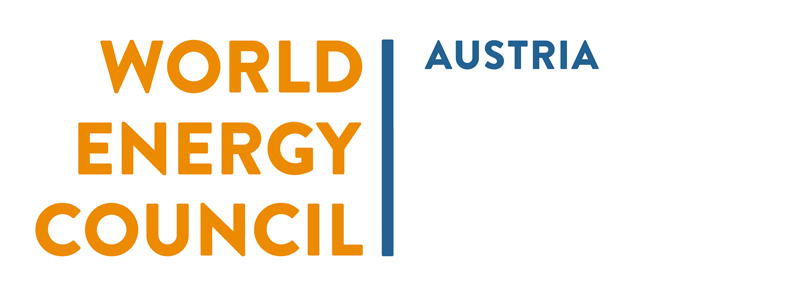WEC STUDY ON HYDROGEN IMPORTS INTO THE EU

Hydrogen plays an essential role in achieving climate neutrality in the European Union (EU) and its member countries. While greenhouse gases can be reduced in many sectors by converting the electricity system to renewable energy sources, other solutions must be found for other sectors. Industrial processes and heavy transport are difficult or even impossible to decarbonise without hydrogen or hydrogen derivatives.
Although the EU will increase its own production in the future, the demand will still exceed the production. Thus, the EU is dependent on the import of hydrogen and hydrogen derivatives to decarbonize sectors that are reliant on hydrogen. In order to analyze and quantify this import demand, the European regional group of the World Energy Council (WEC), together with the Observatoire Mediterranéen de l’Energie (OME), carried out a study on imports of decarbonised hydrogen to Europe. Representatives from OME and the member committees of the WEC from the following countries were represented in the Steering Committee: Austria, France, Germany, Italy, Spain, Russia and Estonia. The main author was Prof. Marco Baroni. Below are some of the conclusions of the study. The study can be downloaded from the link.
- Hydrogen is set to play a significant role, especially for sectors where elictrificationis not a viable option.
- Include the hydrogen strategy in the overall energy strategy and vision.
- Renewable sources isgoing to be crucial for the decarbonised production of hydrogen, but limiting the long-term choice of low-carbon technologies could prevent reaching the decarbonisation target.
- The economics of infrastructure will play a key role for hydrogen imports and the deployment of a hydrogen market. The timely development of pipelines, facilities for seaborne trade and storage will be essential to bring hydrogen from production areas to consumption centers.
- The implementation of a clear regulatory framework is of fundamental importance ensure that the investment will be forthcoming in a timely manner.
- National and European policies need to provide clarity and visibility to investors, both within and outside the European Union.
